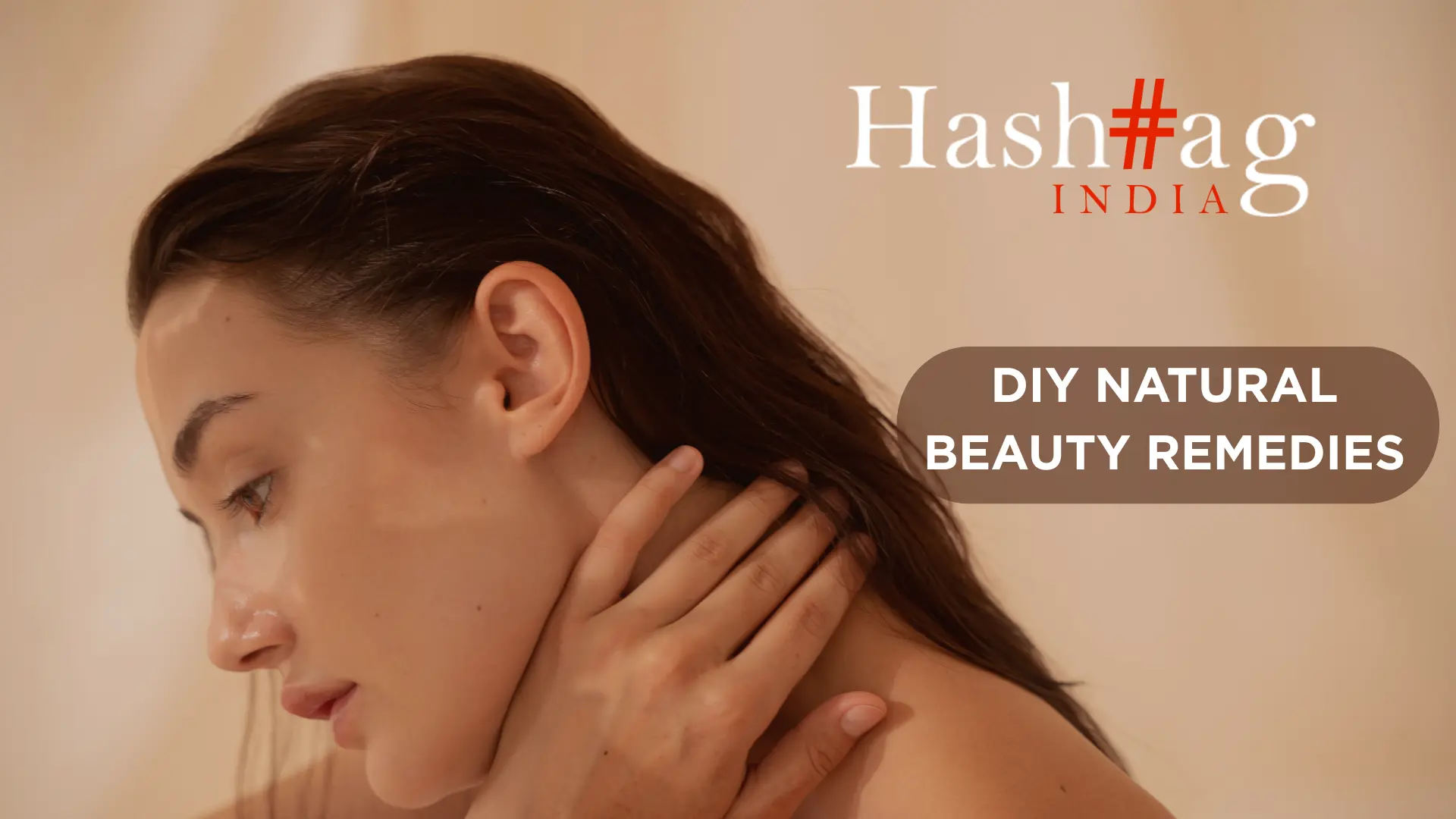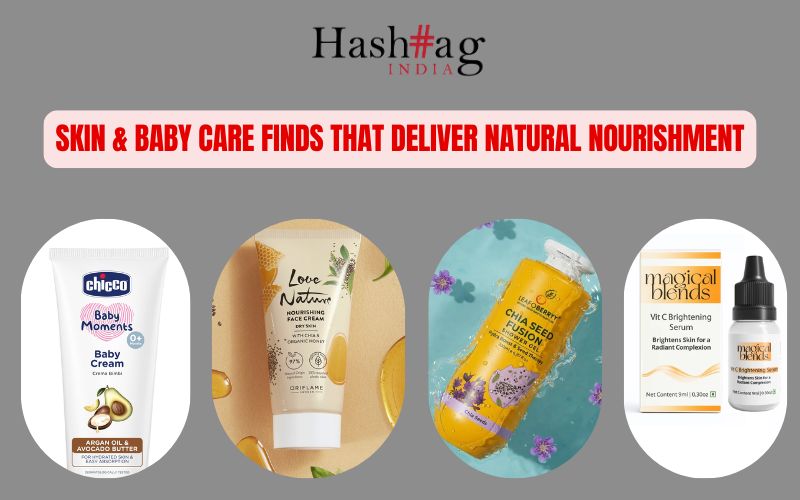Curly hair is both quaint and dextrous. But did you know, your hair sometimes speaks about your character traits? While straight hair is typically recessive, curly hair is associated with dominance and independence. Girls with curly hair are sometimes perceived to be additionally attractive.
It is said that the deep and roomy properties of curls renders curly hair quite distinctive. If you are someone with curly hair and are struggling to bolster your locks and their beauty, fret no more. Hashtag steers you right on maintaining curly hair.
10 Tips to Maintain Curly Hair Naturally
Preserving and maintaining the sheer beauty of your locks is a tedious task. Here we give you 10 plausible and user-friendly tips on how to maintain curly hair naturally.
- Be prudent in choosing your shampoo: The primary step to retaining hair health is washing your hair regularly. Employ a gentle shampoo that is devoid of irritants such as sulphates, emollients, alcohols, and preservatives. Sulphates are lathering compounds, whereas parabens are stabilizers found in shampoos and conditioners. Transition to cleansers that include gentle chemicals and are fragrance-free, sulphate-free, silicon-free, and 100 % natural.
- Treating your hair before cleansing: When you have particularly rough or curly hair, pre-shampoo therapy could be beneficial. The hydration in rough; curly hair hydration evaporates fast. In principle, utilizing conditioners before washing protects the hair cell such that the cleanser does not deprive the authentic radiance of the hair. Countering the common perception, conditioning may not be required immediately after washing. Conditioners may be used both before and after shampooing.
- Excessive shampooing is a bane: Applying excess amounts of shampoo results in brittle and dry hair. It fades the lush beauty of your locks. Abstain from using immoderate levels of shampoo. Furthermore, try to employ conditioners that incorporate mild moisturizing agents. Conditioning seals the cuticles of your hair and protects it from potential pollution.
- Detangle your hair like this: Experts say that the most common mistake people with curly hair tend to make is untangling their tresses from top to bottom. Instead of piling tangles at the base and tugging your way across, detangling tresses from the base up enables you to delicately untangle every lock. To avoid hair breakage and untangle hair quickly, industry professionals also suggest raking through curly hair using a wide-tooth comb rather than a brush.
- Hair must be rinsed in cold water: Showering in hot water removes the essential oils from your hair roots. This can cause the cuticles to expand, leaving the hair strands more susceptible to dryness and damage. If you’re washing or nourishing your hair, cold water washes are your best choice.
- Regular trimming: Damaged hair is seldom a nice appearance, and split ends may leave your curls unruly. If you would like beautiful, natural curls, visit your hairdresser every four to eight weeks for just a brief cut.
- The pineapple trick: The pineapple trick has helped many keep their natural curls intact. It is a hairstyle wherein the hair is casually collected around the crown area, generally before sleeping. This maintains the curls even while assisting the tresses in preserving natural density and minimises severe bedhead. This also reduces contact between your hair and the pillow cover. To prevent rubbing, replace cotton pillows with silk or satin covers.
- Minimum temperatures for styling: Hairstyling equipment with high temperatures can eliminate the organic appearance of your tresses, leaving them drab and lacking lustre. If you can’t stop it, reduce your usage of styling equipment and apply a decent heat-protective agent. To preserve your inherently lovely curls, use low heat as well as a diffuser.
- Frequently oiling of your hair: For natural curls, choose mild, non-greasy coconut oil. Massage the oil into your skull with your fingers. You can use oils before going to bed and then rinse them off during the day. Instead, you can add oil to the head an hour beforehand shampooing. Olive oil is an excellent cure for natural curls. It offers a significant amount of hydration to your dehydrated locks.
- DIY treatments at the comfort of home: Homemade DIY remedies are a solution to most of the problems. Similarly, natural curls can be preserved with a few homemade solutions. Here we give you a couple of them, that will help you in maintaining your vivacious curls.
- Prepare a mixture by blending olive oil, egg, vinegar, and mayonnaise together. After half an hour, cleanse with a gentle shampoo. Whilst eggs give the hair nutrition, mayonnaise delivers hydration and sheen to brittle curls.
- Avocados contain a high amount of vitamins B and E, and healthy fats. A ripe avocado can be properly mashed and mixed with a spoonful of honey and 2 teaspoons of olive oil. Allow this solution to sit on your curls for 30 minutes. Use a mild shampoo to remove it.
- Curly hair maintenance? DIY remedies are the solution. Home remedies for beautiful curly hair include apple cider vinegar, dairy, fenugreek seeds, and hibiscus.
How often should you wash curly hair?
It is determined by the type of curl you have. Open and elegant curls can be lathered up to twice a week. Pattern curls can be co-washed once a week and thoroughly cleansed using shampoos once per month. Stiff curls can be rinsed or co-washed once every day to a week. A healthy practice is to shampoo your curls less regularly if they seem brittle. Rinsing your curls daily may strip them of their essential oils, making it harder for them to preserve moisture.
Curly hair is beautiful, brave and fierce. Let the tresses and locks be natural and vivid. Flaunt your curls and let them face the world.
































